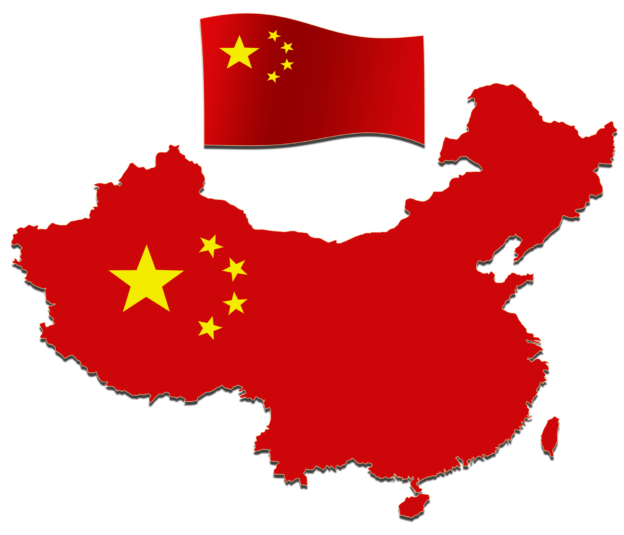As one of the most developed cities in China, Shenzhen has introduced earlier this year, as a pilot program, a framework for collaborative transfer pricing (“TP”) management by the local tax and customs authorities regarding the price of related-party imports, through the Customs Notice [2022] no.63 (the “Notice”).
The measure aims at eliminating any inconsistency between the views of the two authorities and offering to multinational companies greater certainty in terms of goods pricing policy.
Conditions for application
As pilot, this program is open only to companies established in Shenzhen city.
The Notice provides that a company can submit a request for collaborative transfer pricing management if it meets simultaneously the application conditions for advance ruling under the customs law and the application requirements for an advance pricing arrangement (the “APA”) under the tax law. In concrete terms:
- Under the customs law: the company must be a registered foreign trade operator with actual import and export activities;
- Under the tax law: the APAs are generally applicable to companies with related-party transactions (not limited to sales of goods) of more than 40 million RMB (around 5.8 million euros) in each of the three years preceding the year in which the tax authorities accept the intention of the company to negotiate an APA.
Evaluation and negotiation
After the company submits the application, the tax and customs authorities shall joint determine, within 10 days, whether the request is acceptable. If yes, the two authorities shall start the joint evaluation within 15 days after the acceptance of the application.
During the review, the authorities may, jointly or independently, carry out interviews with the company and on-site inspections. If the three parties can finally reach a consensus, they will sign a Memorandum of Collaborative Management (the “Memorandum”), which will have the legal force a customs advance valuation ruling and a tax advance pricing agreement. If the parties cannot reach a consensus, the authorities may terminate the negotiation process by sending a written notification.
Implementation and follow-up
The Memorandum, once signed, is valid for three calendar years and can be renewed upon the request by the company raised at least 90 days before the expiration.
During the implementation of the Memorandum, the company shall submit, within 6 months after the end of each financial year, an annual report to the customs and tax authorities, in which the company must disclose its operation situation during the year in question and the implementation status of the Memorandum.
Our observations
The absence of relevant legislative framework allowing for an efficient and risk-reduced management of transfer pricing when interacting with customs valuation is a long standing issue brought forward by private sector in many countries, including in Asia. Although several countries have taken steps to address this matter, such collaborative management system involving tax and customs authorities is a novelty and significant milestone for China and the whole international community. A joint evaluation mechanism can increase the certainty of the TP management for one company, and significantly reduce the risk of rejection of the transfer price as transaction value for imports, as well as greatly simplify the management of retrospective adjustments on goods intercompany selling prices. Although its application is so far limited to the companies incorporated in Shenzhen, it is expected to be expanded to other regions of China with Shenzhen experience and potential improvements.
However an implementation of the mechanism is yet to be observed. At this stage, a number of practical aspects remain unclear and will be shaped with actual cases. The existing divergence between the TP methods and customs valuation methods would still be encountered during the negotiation process, and have to be resolved by the parties. The Notice does also not provide any indication on the treatment of past import values declared with a method that differs from that agreed in the Memorandum.
Despite all these uncertainties, Shenzhen measure is still a big step towards the coordinated governance by the customs and tax authorities on the transfer pricing of goods, and worth being closely monitored.
DS Avocats International Trade and Customs team is at your disposal to provide you with any additional information.
CONTACT US:
&
LIU Yijun
Shanghai Office

